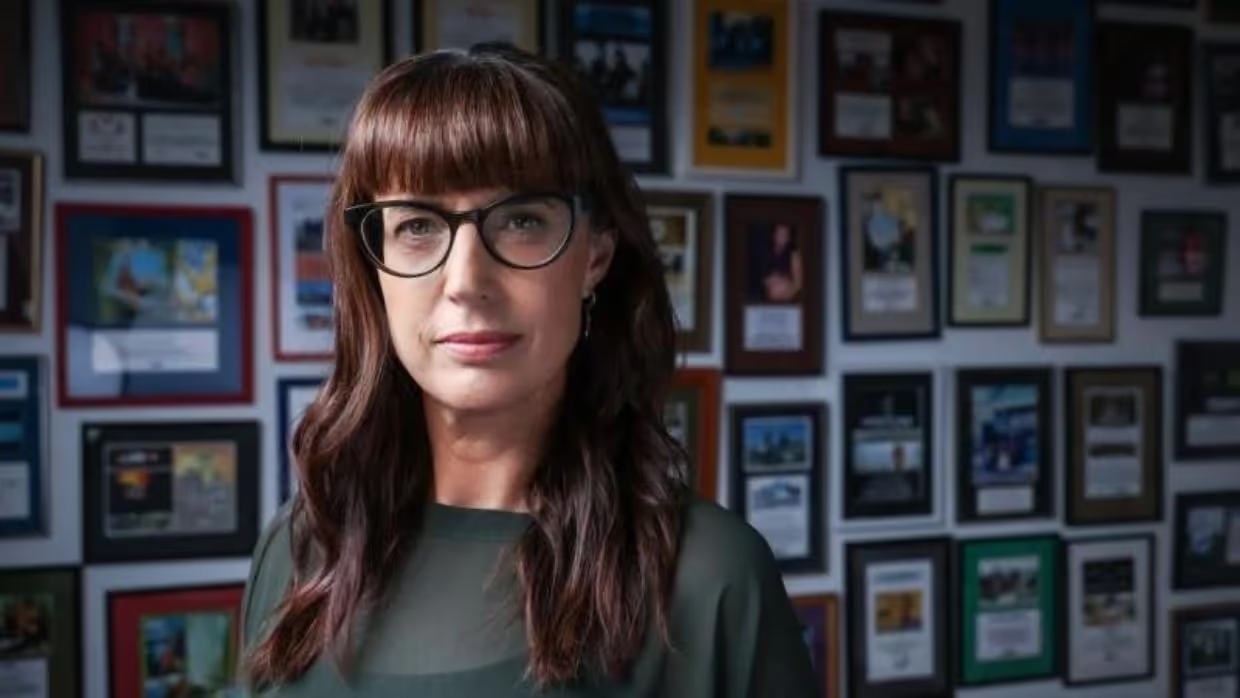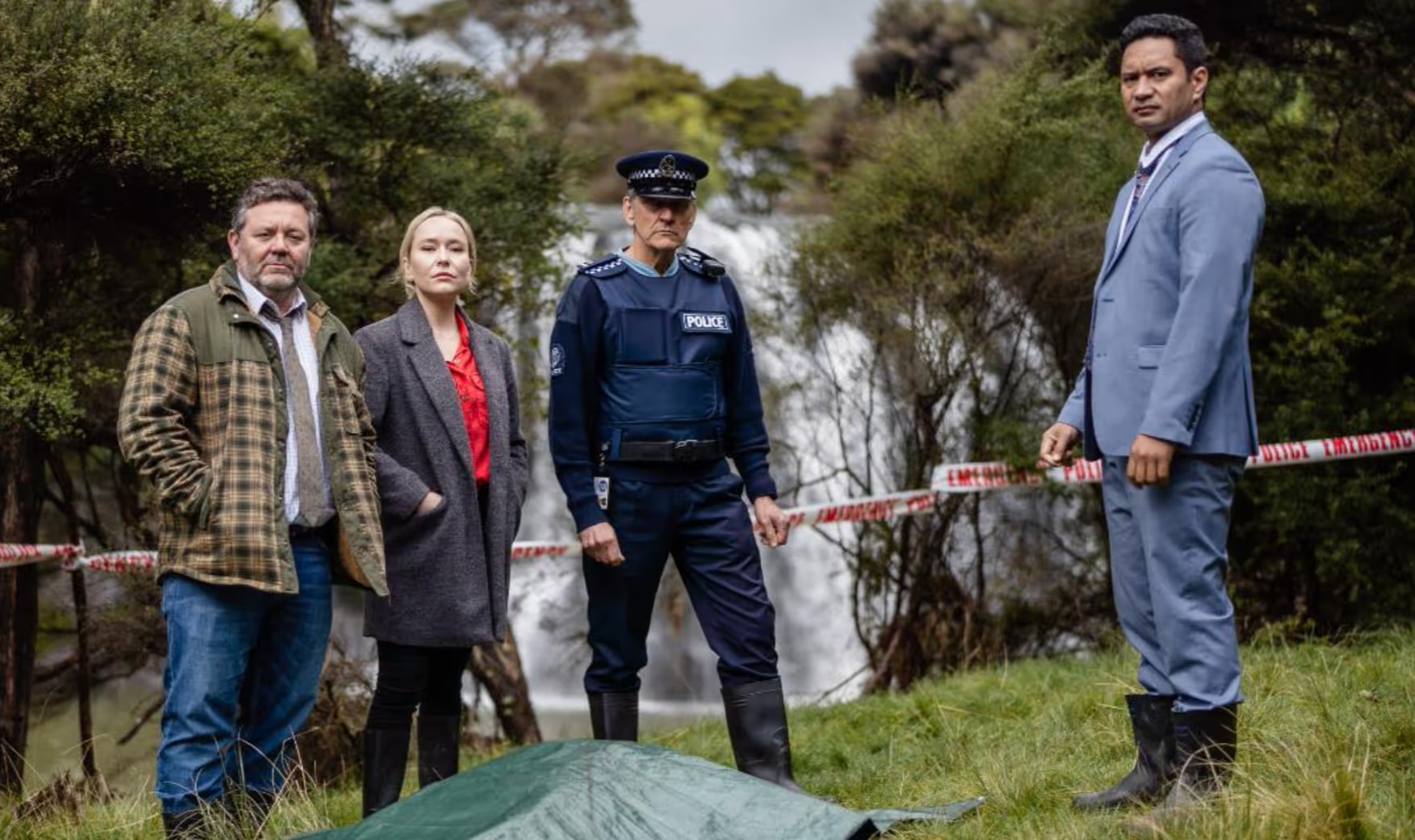
Screen Industry Election Talk
Jan Sisley went along to the Screen Industry Election Forum to hear what MPs Melissa Lee (National Party), Denise Roche (Green Party) and Jacinda Ardern (Labour Party) had to say on issues and policies affecting the screen industry
After a tough couple of years and some heavy Government lobbying by the industry, the incentive increase looks to be making a difference. With more work coming into the country, the next year could be ‘quite promising’.
MPs Melissa Lee, Denise Roche, and Jacinda Ardern took part in an industry talk in August. Each outlined their party’s policies impacting on the screen industry, especially around incentives, development of infrastructure, and ongoing industry collaboration/consultation.
National Party candidate Melissa Lee acknowledged the screen industry’s important contribution to NZ’s economy and international profile. She summed up the rise in incentives by Government as a way to help ongoing success of the industry. She highlighted the benefits of the deal made by the Government to bring production of the three Avatar films to NZ, citing jobs both in the industry and right across the economy, training for people working in the industry, and promotion for the country as a destination for tourism. She also talked about the importance of training and the “creative industry’s career pathway”, and the need to grow the domestic industry. Rather than being a “fee for service” provider for overseas productions looking to us to provide locations or crew, National wants to see a more resilient and sustainable industry. One that is more reliant on producing its own Intellectual Property (NZ films that can be sold to the overseas market) and less dependent on international productions. While still protecting and enhancing the wider economic benefits that they bring, including tourism and boosting the country’s international profile.
Greens candidate Denise Roche highlighted the results of a survey of creative industries conducted by the Greens, which identified three key areas of concern: resources, recognition, and reach. Resources could include screen incentives and also the finances to support the work of those trying to produce homegrown visions for the screen. Recognition means that work in the creative arts is acknowledged for its social and cultural value as well as its benefit to the economy. Lastly, for the creative arts to be sustainable it must reach a greater audience; there has to be greater government support to ensure that more people are watching what we produce so that we can maintain our industry. She questioned an emphasis on the investment of foreign companies into NZ and noted that sometimes it comes with too high a price and does not necessarily build the industry here. She acknowledged the role of international productions for training, business opportunities, jobs, and promoting the country worldwide. The Greens are not opposed to screen incentives but do want to see, as a priority, the production of films by and for New Zealanders that can then be sold overseas. She also noted that Auckland Council is keen on developing studios so that more work can be brought to Auckland.
Labour Party’s Jacinda Ardern acknowledged that the screen industry makes a massive contribution to not only the country’s cultural wellbeing and sense of identity but also to the economy. She said although the eventual increase in incentives was very welcome, it was a shame it hadn’t happened sooner. The Labour Party has been looking at ways to maximize domestic benefit from that rebate regime. Like National, Labour has chased the international market and they acknowledge that it does help our domestic industry and ensure ongoing employment. There was talk from all three parties about focusing on the domestic industry. Labour believes that the domestic industry “should be at the heart of our policy making” even though this is not always a commercial proposition. Labour is committed to ensuring that NZ has a dedicated public broadcaster as one way of addressing this. A key factor identified by Labour as having a big impact on international competitiveness is the high value of the NZ dollar. This is something that Labour would take action on, giving increased powers to the Reserve Bank to try and have an effect on the overvalued dollar. All agreed that NZ could do more to sell ourselves. Using the example of South Africa she said we need to work more like other countries in reaching out and ensuring that productions are coming in. She also agreed there is a need for studio infrastructure and working with Auckland Council was the best way to achieve this. Labour laws and the need for good protection for workers were also mentioned.

































